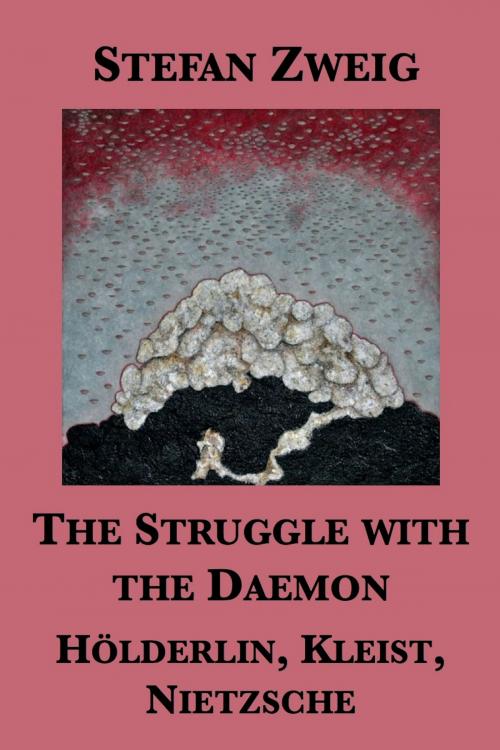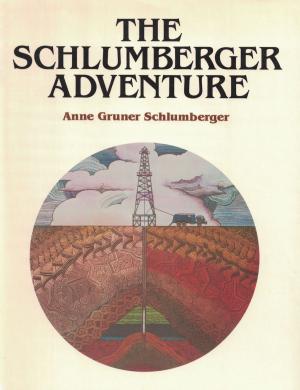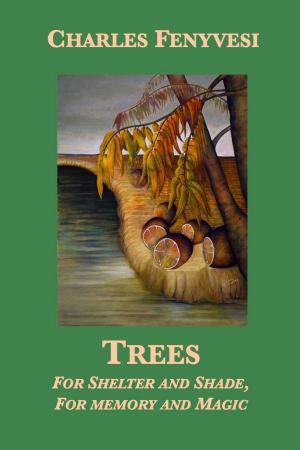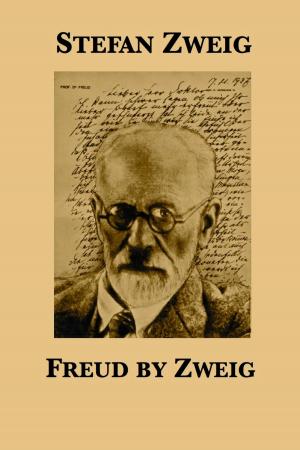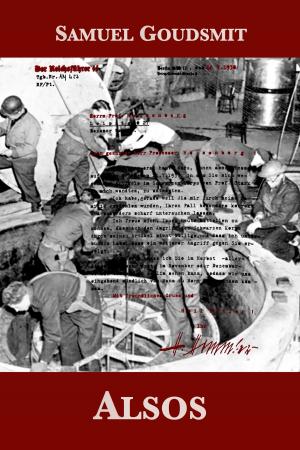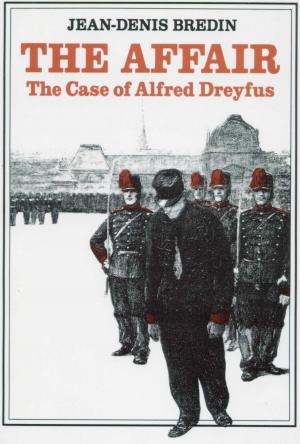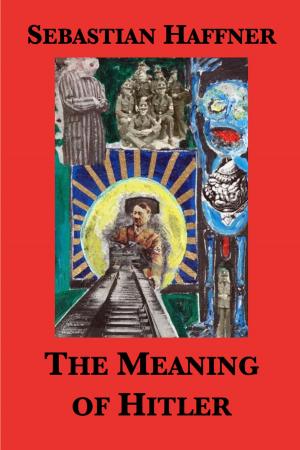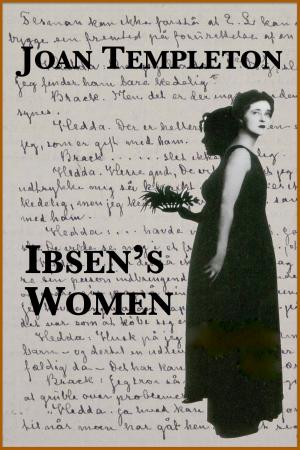The Struggle with the Daemon: Hölderlin, Kleist, Nietzsche
Biography & Memoir, Artists, Architects & Photographers, Nonfiction, Art & Architecture, Literary| Author: | Stefan Zweig | ISBN: | 1230000036987 |
| Publisher: | Plunkett Lake Press | Publication: | December 6, 2012 |
| Imprint: | Language: | English |
| Author: | Stefan Zweig |
| ISBN: | 1230000036987 |
| Publisher: | Plunkett Lake Press |
| Publication: | December 6, 2012 |
| Imprint: | |
| Language: | English |
The Struggle with the Daemon: Hölderlin, Kleist, Nietzsche by Stefan Zweig (translated from the German by Eden and Cedar Paul, with a chronology of Stefan Zweig's life and a bibliography of works by and about Stefan Zweig in English by Randolph Klawiter; 82,000 words)
Stefan Zweig’s literary portraits of three tormented giants of German literature, Friedrich Hölderlin, Heinrich von Kleist, and Friedrich Nietzsche, contrasts them with Goethe who was anchored in place by profession, home and family.
For Zweig, “everyone whose nature excels the commonplace, everyone whose impulses are creative, wrestles inevitably with his daemon” which Zweig describes as “the incorporation of that tormenting leaven which impels our being ... towards danger, immoderation, ecstasy, renunciation and even self-destruction.”
In these essays, Zweig depicts the tragic and sublime lifelong struggle by three great creative minds with their respective daemons.
The Struggle with the Daemon: Hölderlin, Kleist, Nietzsche by Stefan Zweig (translated from the German by Eden and Cedar Paul, with a chronology of Stefan Zweig's life and a bibliography of works by and about Stefan Zweig in English by Randolph Klawiter; 82,000 words)
Stefan Zweig’s literary portraits of three tormented giants of German literature, Friedrich Hölderlin, Heinrich von Kleist, and Friedrich Nietzsche, contrasts them with Goethe who was anchored in place by profession, home and family.
For Zweig, “everyone whose nature excels the commonplace, everyone whose impulses are creative, wrestles inevitably with his daemon” which Zweig describes as “the incorporation of that tormenting leaven which impels our being ... towards danger, immoderation, ecstasy, renunciation and even self-destruction.”
In these essays, Zweig depicts the tragic and sublime lifelong struggle by three great creative minds with their respective daemons.
